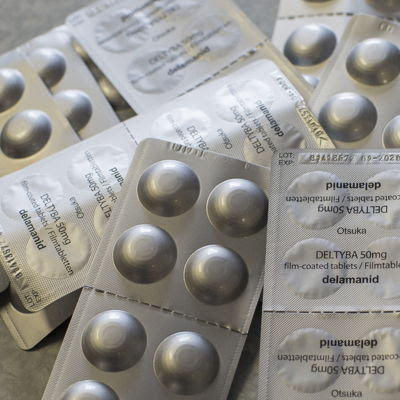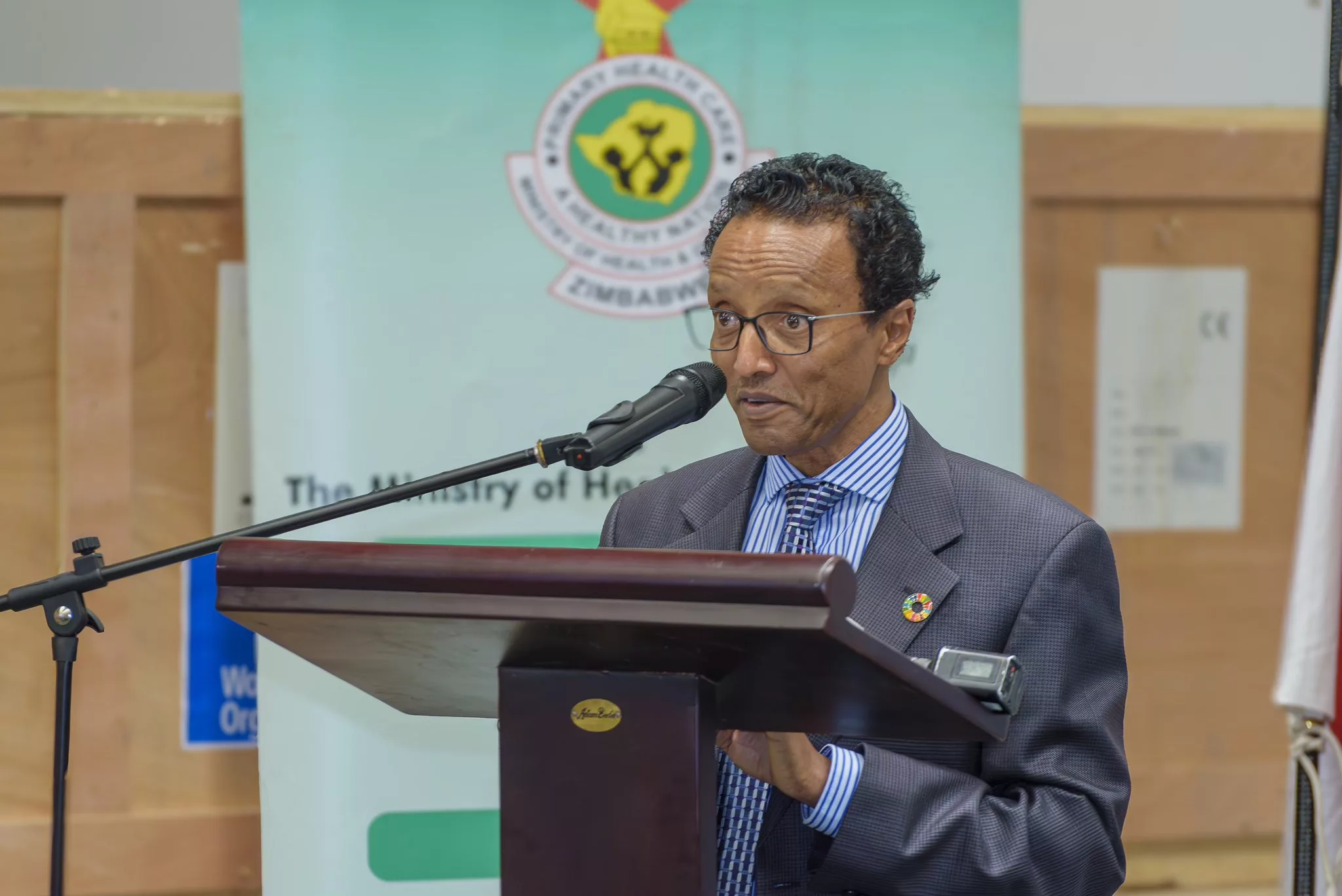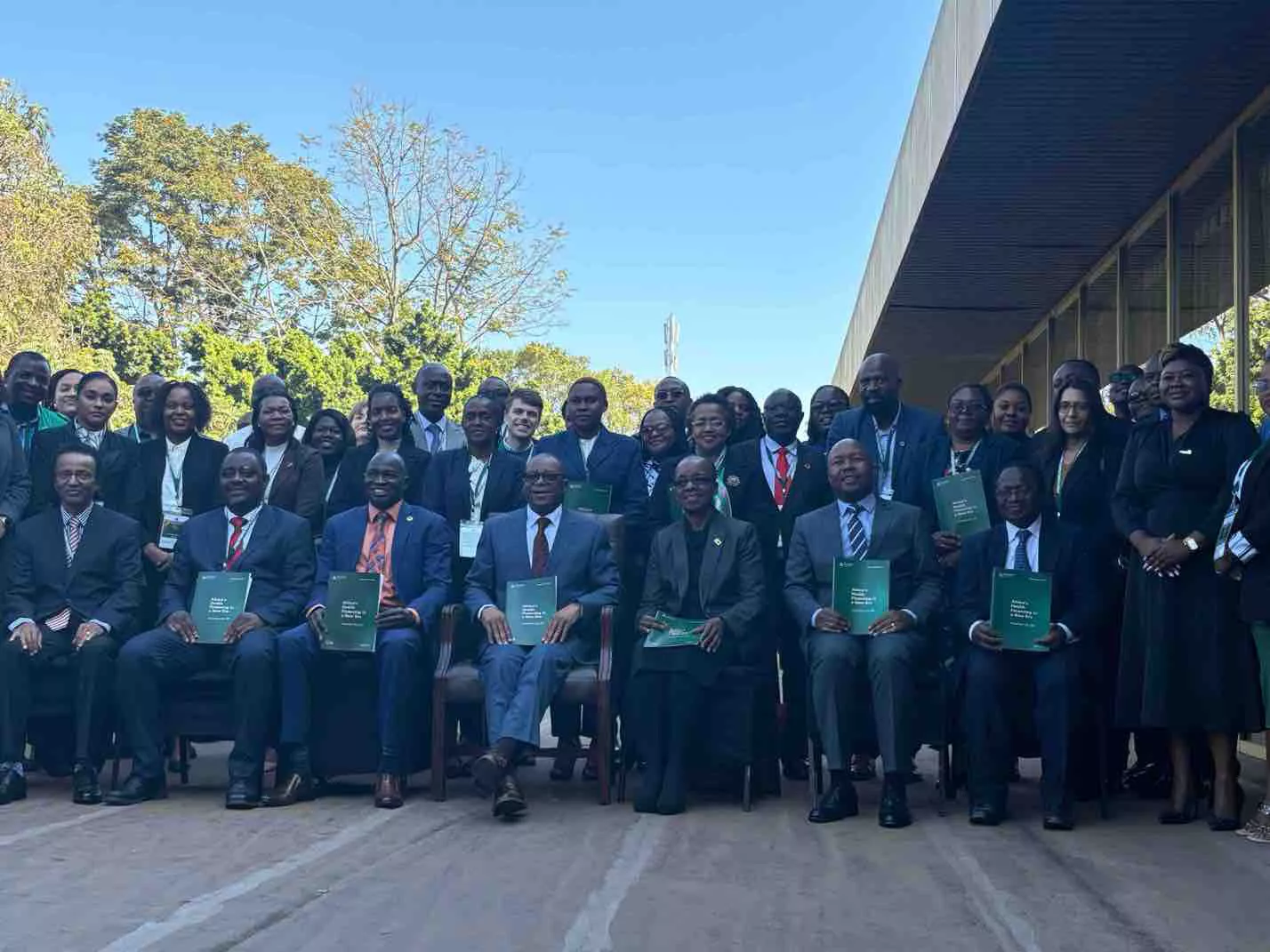People suffering from drug-resistant tuberculosis (DR-TB) continue to be deprived of today’s best-possible treatment in part because of high drug prices, according to a new report — DR-TB Drugs Under the Microscope — released by Doctors Without Borders ( MSF) at the 49th Union World Conference on Lung Health in The Hague. MSF is now calling on pharmaceutical companies to drop prices to save more lives.
MSF’s research shows that DR-TB treatment regimens containing the two newer drugs, bedaquiline and Delamanid, represent a significant price increase over older treatment regimens that are no longer recommended. People with DR-TB must receive individually tailored treatment consisting of at least five drugs for different durations, according to the type of drug-resistant TB that affects them.
The estimated price of longer individualized treatment regimens could now reach more than US$2,000 (R28 495, 30) for people who need at least 18 months of bedaquiline – representing a 50% price increase over previous standard treatment. People who might need both bedaquiline and delamanid for as long as 20 months, the price increase could reach 500%, with a treatment regimen priced at around US$9,000 (R128 228, 85)
“Our analysis clearly shows that the high price of the two newer TB drugs makes today’s best-possible treatment much more expensive than previous treatment regimens,” says Sharonann Lynch, HIV & TB advisor for MSF’s Access Campaign. “These newer TB drugs will save more lives, benefit programmes and make this arduous treatment more tolerable for people, but if they remain priced out of reach, they will not serve their purpose and the expected gains will not be achieved.”
MSF calls, in particular, on US pharmaceutical corporation Johnson & Johnson (J&J) to cut the price of the newer TB drug bedaquiline in half, so more lives can be saved.
J&J recently announced a price reduction for bedaquiline for some countries, but this falls short of making the drug affordable in countries hardest hit by the DR-TB epidemic. Its price of US$400 (R5 699, 06) for six months of treatment is still too high, as many people need the drug for significantly longer than six months, driving the price even higher.
South Africa made history in June as it became the first country in the world to take a bold step of replacing an injectable drug with toxic side effects, with bedaquiline (an oral medicine) in the standard multidrug-resistant tuberculosis (MDR-TB) treatment regimens for adolescents and adults.
In August 2018, the World Health Organization (WHO) recommended expanding use of bedaquiline by making it a core drug for treatment of DR-TB, while at the same time relegating daily injectable and toxic drugs to last-resort options only. This change dramatically increases the number of people who should receive bedaquiline, and requires national TB treatment programmes to scale it up as part of the DR-TB treatment they provide. Despite the expected benefits, high prices remain a significant barrier.
South Africa has long been a world leader in setting policies to secure access to bedaquiline, supporting a successful clinical access programme in the same year that bedaquiline received US Food and Drug Administration approval (2012); approving local registration in 2014; and in 2015 introducing bedaquiline into the South African National TB Programme in line with WHO guidelines.






